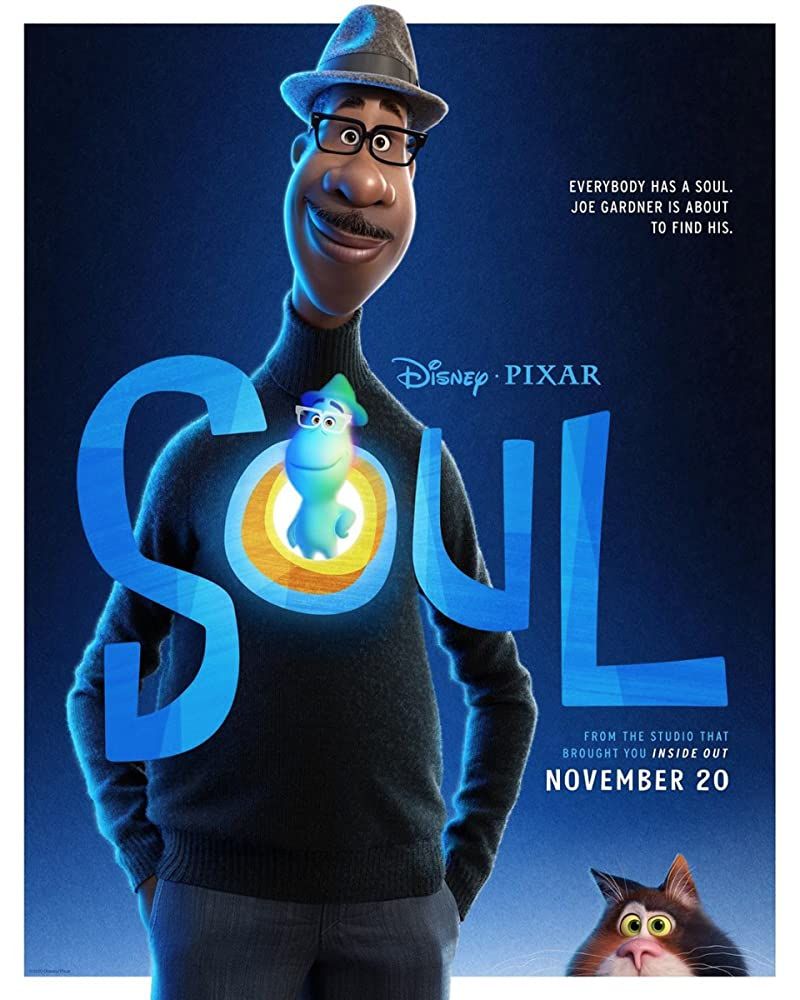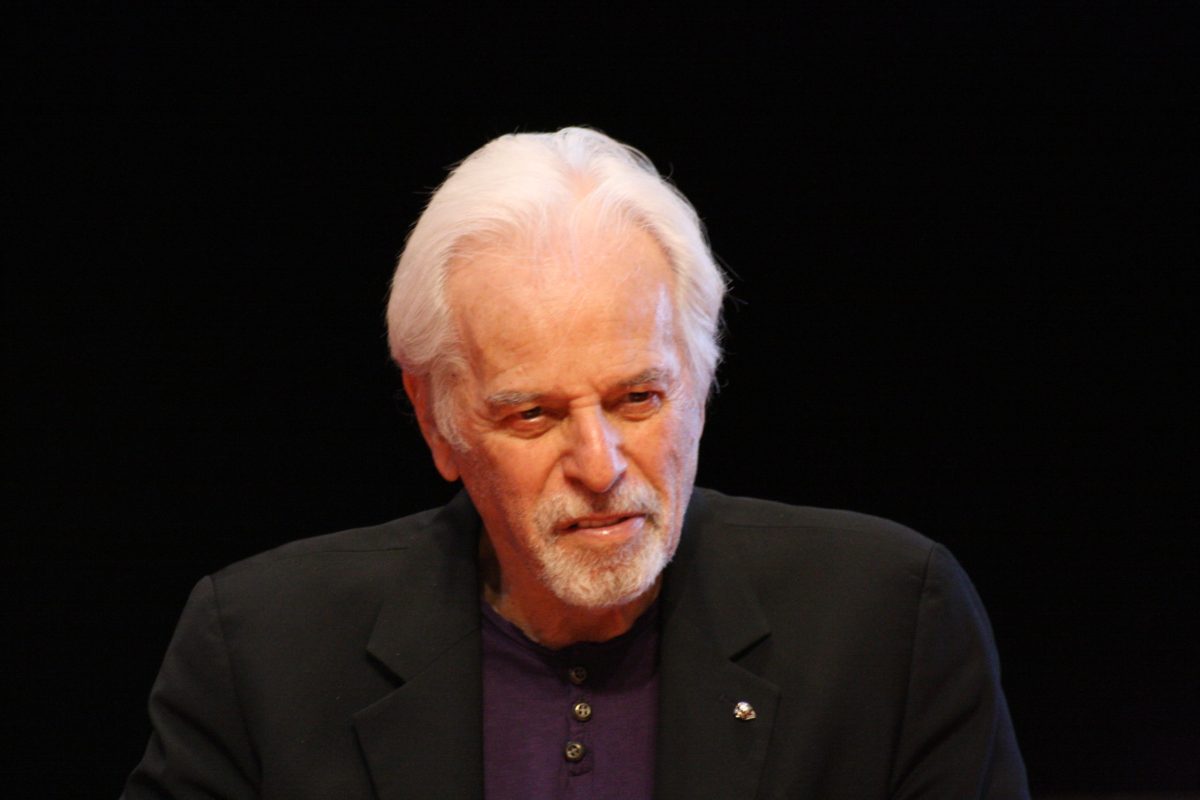A film’s plot usually involves this basic framework: the protagonist encounters a dilemma and attempts to overcome this issue.
Sometimes this issue is an inner demon, other times the issue is the quest at hand, and then there’s a physical and relative embodiment of what an issue is. These are villains. They are a challenge for the hero to face, are relatable whether by their species or values, and act as either a simple ripple in a pond, or a grenade that will set everything off.
Villains keep their heroes fighting and active, create intriguing plots, and allow for change to erupt in a world where everything seems just a little too “boring.”
One powerful thing about a villain is their motive. Why are they doing this? Was it a sad childhood? Did a relative put them up to this? Was it really just one bad day? With a villain, the first question is “why?” There must be a reason why they do it, right? A villain’s direction could be greed, which captivated the Die Hard (1988) series, or it could be power, found usually in James Bond’s (1963) adventures. It could also be a slew of other motives that push the character over the edge.
Some of the best villains are the ones that gain sympathy through a dramatic flashback (Magneto, X-Men) which causes the audience to root for the villain’s success.
The ultimate villain origin needs to be reflective of its hero; maybe someone they loved died, maybe they volunteered for the same program and it went horribly wrong, or maybe they lack the power to save someone the hero could have. The origin is only the first component of the villain, but tends to make the most impact when their master plan unfolds.
In order to keep the audience’s attention, the villain must take to their respective streets and declare their demands or carry out their will beneath the cover of “secretive” operations. They show their power, influence, and capability, and send the protagonist scrambling to deal with them.
A villain should send their hero on a chase to distract them with a lethal show of power, showing the villain’s intentions. Is the villain distracting their hero to gain access to their hidden agenda or is this a game to annoy their hero while attempting to challenge the possibility of eliminating their pest? However, all plans must eventually come to an end.
Villains own their heroes even if they lose, and still get to tell their tale another day. As the bad guy, one must know that all plans are to come to a conclusion. Although in morality we all want the hero to somehow succeed, we all do wonder, “What will happen after?”
Even the heroes wonder as well to what would happen if their villain were to be vanquished. There are infinite possibilities to how each villain reacts to losing their hero; maybe they would give up villainy, maybe they would spread their evil to greater heights and lengths, maybe they would fall into a complete pause and begin to recognize their hero’s significance in their lives.
What is a villain without their hero? Complete, successful, or lonely? Beyond anything, a villain is what makes a hero rise to the challenge, scare the world into submission using sharks with laser-beams attached to their heads [Austin Powers (1999-2002)], or cause events so amazingly diverse that we begin to question what is good and what is evil.






























